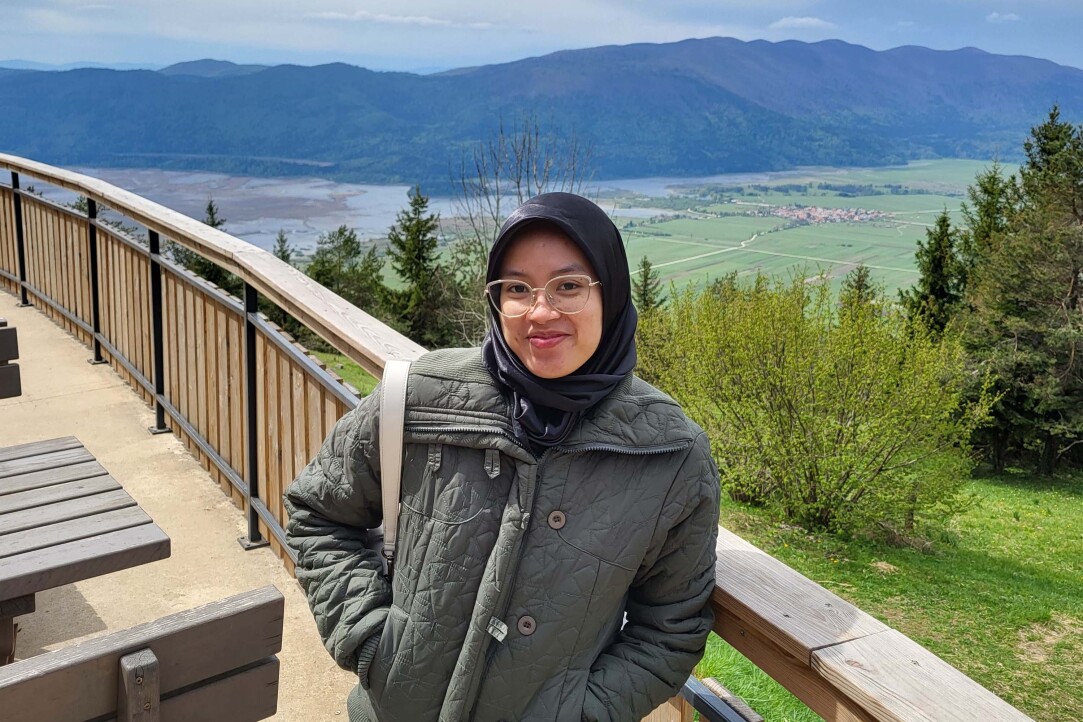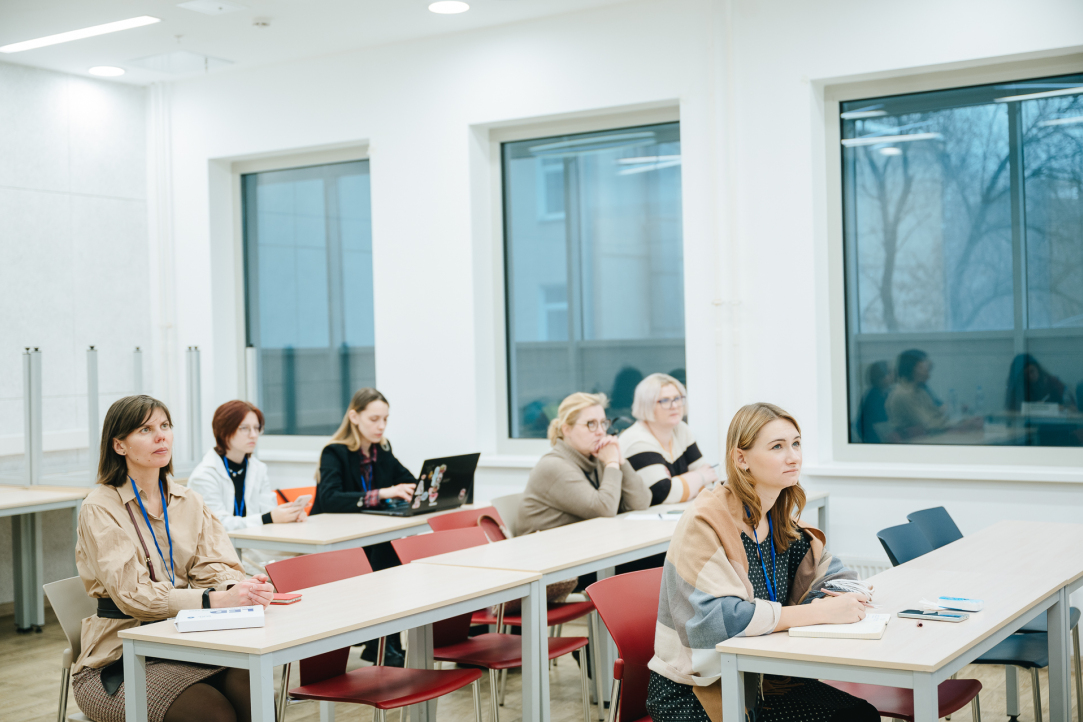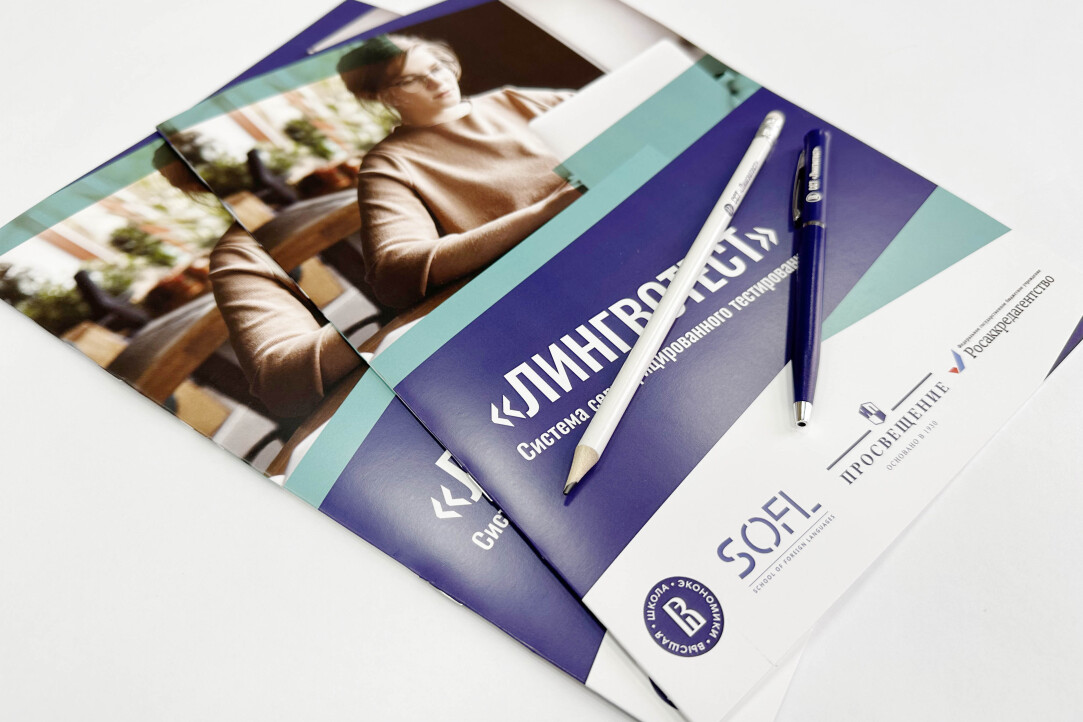Educational Programmes
-
Bachelor’s Degree in Foreign Languages and Intercultural Communication
-
Master’s Degree in Foreign Languages and Intercultural Communication
-
Online Master’s Degree in Chinese for Intercultural Business Communication
-
Doctoral Programme (RU)
-
Professional Retraining and Advanced Training (RU)
-
Corporate Programmes (RU)
News
-

-

-
February 11, 2025
Open Day: The Future Begins Here
-

-

September 27, 2023
Linguatest Comes to Khabarovsk
Our Regular Events
Our Projects
Linguatest
Russia's first national foreign language certification system, Linguatest assesses proficiency levels from beginner to professional in academic and professional business contexts.
AI Lingua Neural Network
This innovative project, developed by the HSE School of Foreign Languages in collaboration with the AI Centre and the online campus, leverages AI technology to assess English proficiency. The neural network analyses both written and spoken texts, delivering a detailed evaluation report in just 30 minutes.
SOFL Partner Teacher
This project is dedicated to empowering teachers in their professional growth while providing school students with essential educational guidance and enhancing their communication skills in foreign language classes.
Facts and Figures
-
700+
students and doctoral students
-
7 000+
HSE University students taking the optional English Language course
-
70+
bachelor's, master’s, doctoral, and CPD programmes
-
35+
partners in various fields of education and business
-
350
experts
Subscribe to our news and announcements
Contacts
Address: 21/4 Staraya Basmannaya Ulitsa, Moscow, Russia, 105066
For all inquiries, please contact:
+7 (495) 772-95-90 *23152 (Secretary: Anna Pukhova)
For general inquiries: fldepartment@hse.ru
For prospective students: soflabitur@hse.ru
Career opportunities: astefanova@hse.ru
English Language open elective course: ceat_sofl@hse.ru
